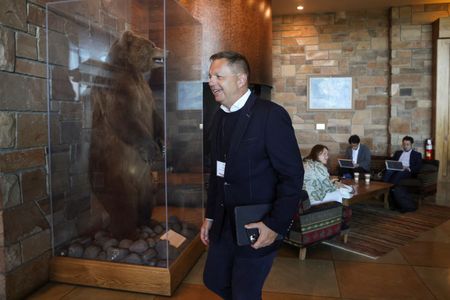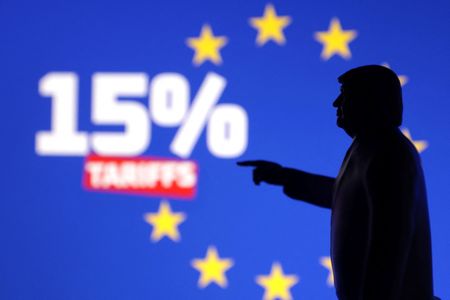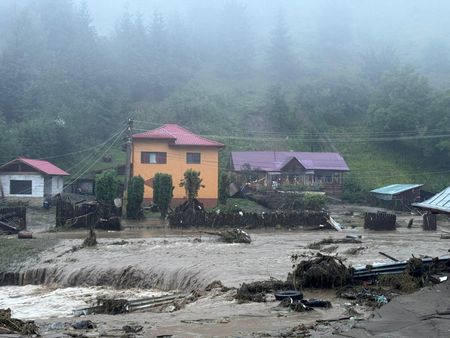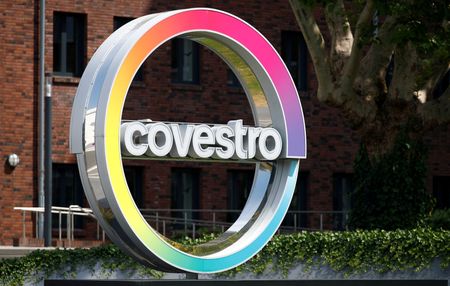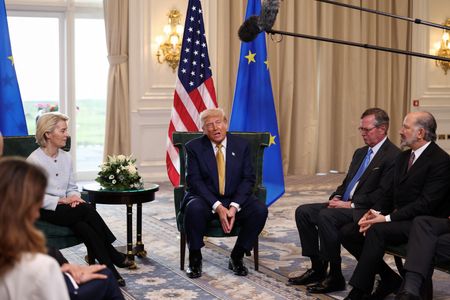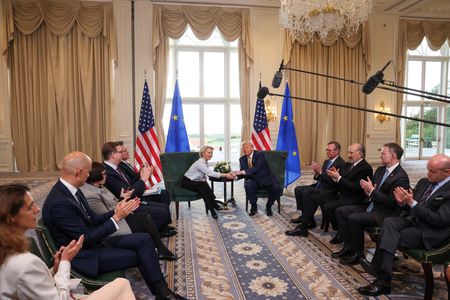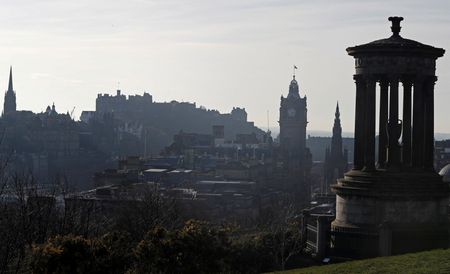FRANKFURT (Reuters) -The European Central Bank is not in any hurry to lower borrowing costs again and it would take a major unexpected economic shift to make a case for action in September, Slovak policymaker Peter Kazimir said on Monday.
The ECB kept rates unchanged last week as widely expected and offered a moderately upbeat assessment on the bloc’s economy, prompting investors to scale back their bets on further policy easing.
“When it comes to incoming data, I don’t expect anything significant to happen that would force my hand to act as soon as September,” Kazimir said in a blog post. “It would take something like clear signs of unravelling in the labour market for me to act.”
This assessment aligns with comments from ECB sources that the bar for a cut in September is high after the bank has already halved rates to 2% since June 2024.
Sunday’s EU trade deal with the U.S. was clearly a positive since it reduces uncertainty for businesses, but the impact on prices, the ECB’s chief focus, was still unclear.
“This (trade deal) can help to ease concerns and regain confidence,” Kazimir said. “We now have more clarity, but we will need time to see to what extent this new environment will affect inflation.”
Weighing in on a key debate among policymakers, Kazimir said he did not see a risk that inflation would now undershoot the ECB’s 2% target, much like it did in the pre-pandemic decade.
Price growth is seen dipping below 2% next year and only rebounding in 2027, raising worries among some governors that once inflation is well below 2%, expectations also fall and could perpetuate weak price growth.
“I see no looming spectre of a sustained undershooting of inflation,” Kazimir, an outspoken policy hawk, said. “The expected dips below target in the coming year should be temporary.”
He added that trade turmoil also created upside risks for inflation, particularly if global supply chains were realigned, creating bottlenecks.
(Reporting by Balazs Koranyi;Editing by Alison Williams)

